
Marie Curie, as well as all the people shown above (find out more about them here), is an inspiration to all aspiring scientists; a two time Nobel Prize winner as well as the discoverer of both polonium and radium, Madam Curie left her largest mark on the world through her extensive and revolutionary studies on radioactivity. And, perhaps her most distinguishing attribute of all, she was a woman.
There is nothing particularly revolutionary about being a woman. About 50% of the world shares the association, and each of these lovely ladies exerted very little effort to achieve female status (at least not consciously). Yet Marie Curie achieved her fame in the field of physics and chemistry. That makes her a minority, and a well-needed role model for the multitudes of young women out there who turn away from such pursuits. In this article from the New York TImes Education Issue, Natalie Angier explores the idea that not only does the scientific world lack strong female pioneers from the present and the past, but that even today, men and boys still show far greater interest in the pursuit, despite almost no indication of greater skill belonging to one gender or another:
Yet aptitude is one thing, aspiration another. In answer to the question “Are you likely to pursue a scientific career?” some 2,300 students — 11 percent of the total — said yes. Among the ninth-grade yeasayers, 61 percent were male.
What gives ladies? Around 60% of college graduates are female, yet one area of every campus still finds itself the butt of multiple jokes mocking their lack of contact with the opposite gender. The sciences are a wonderful, highly competitive, highly rewarding field, and women are just as capable as men, yet something's keeping half of the potential geniuses of the next generation away from their true calling.
But for all that the gap has not as of yet closed, it is shrinking rapidly. In one high school's strongly math/science oriented magnet, the acceptance rates of female students has risen in the past couple of years.
In 2012, for example, 80 percent of the eligible boys said yes, but only 70 percent of the girls. In 2010, the figures had been 93 percent and 56 percent.
So perhaps we just need to give the world some time. Yeah, maybe yesterday's women shyed away from physics, chemistry, and engineering, but that doesn't mean the great discoveries of the future will be left for men. Slowly but surely, the gap closes.


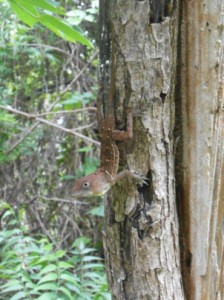
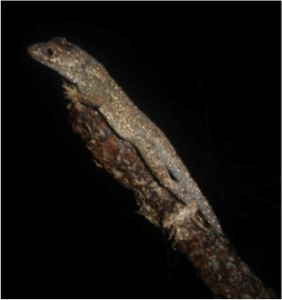
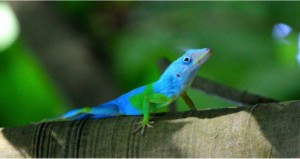

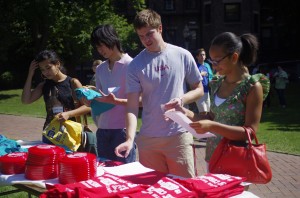
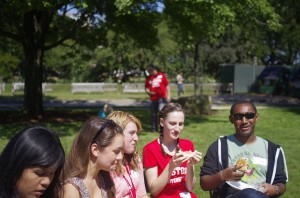
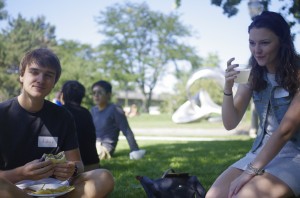
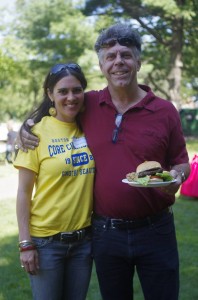
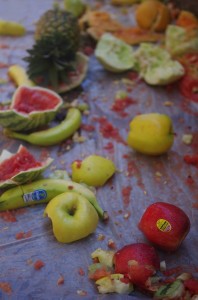
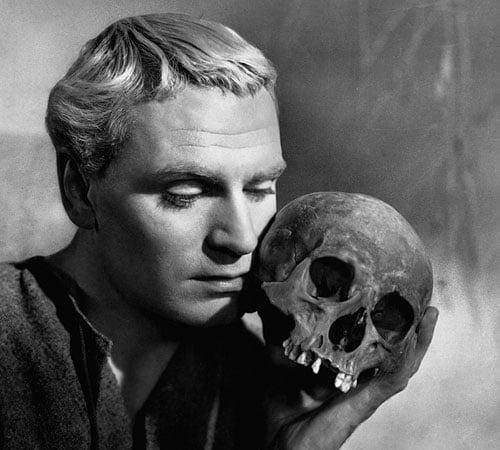
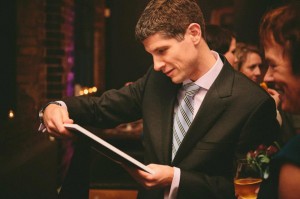
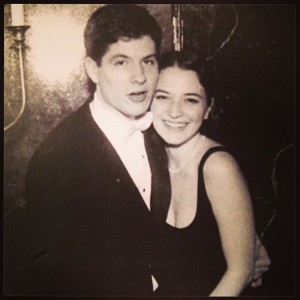
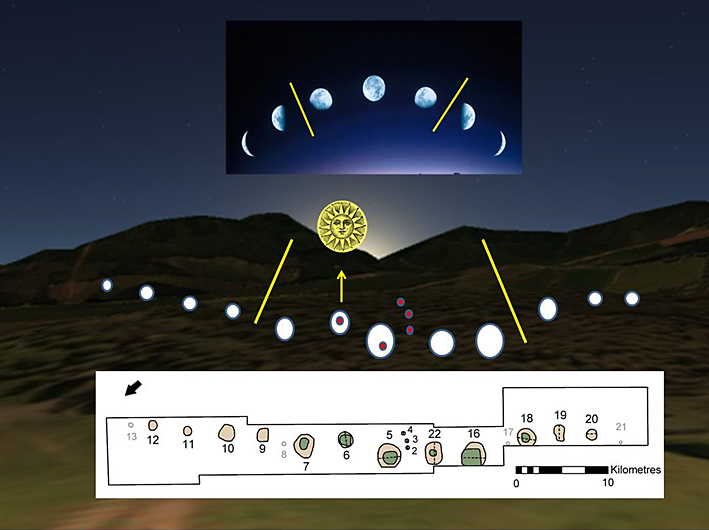


Exciting new game ‘Walden’
September 12, 2013 at 12:04 am
The Core is delighted to share that game designer Tracy Fullerton is developing a new game, Walden. Thoreau's Walden is one of the key texts in CC202's study of Enlightenment and Modernity, and the game simulates the experiment in living made by Henry David Thoreau at Walden Pond in 1845-47.
A screen shot of the Walden video game showing the shore of Walden Pond. Image courtesy of Tracy Fullerton
Ms. Fullerton was kind enough to personally share with the Core details about the stage of development her game is in:
Her exciting new work is discussed in a post from the National Endowment for the Arts blog. Here is an extract:
The Core at Walden: (from left to right) Julia Sinitsky, Sarah Schneider, Cara Papakyrikos, Prof. Kyna Hamill, Prof. Diana Wylie
The Core at Walden: (from left to right) Sarah Schneider, Cara Papakyrikos, Julia Sinitsky, Nora Spalholz, Prof. Kyna Hamill
To see For more photos of the Core's visit to Walden, click here.
By mdimov | Posted in Art, Core Authors, Future of the Book, Great Ideas, Uncategorized | Tagged Art, CC202, comment, designa, experiment, game, Henry David Thoreau, nature, seasons, simulation, Thoreau, Tracy Fullerton, Walden | Comments (1)